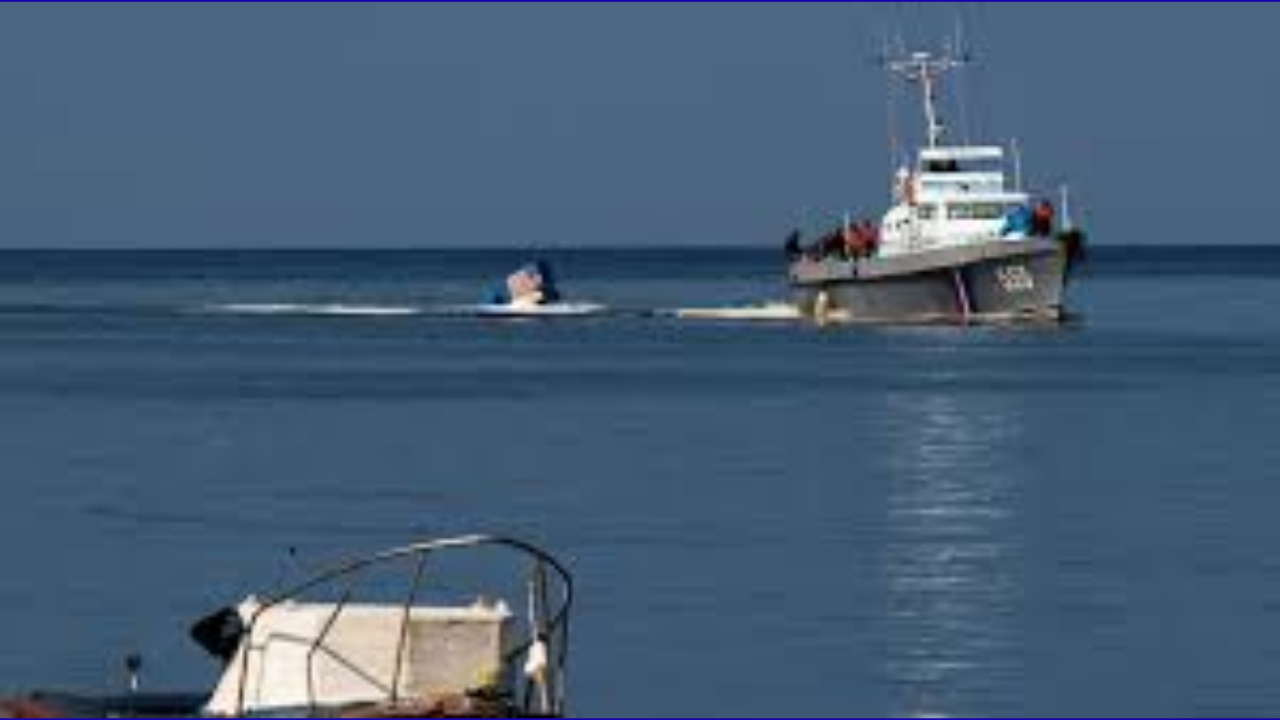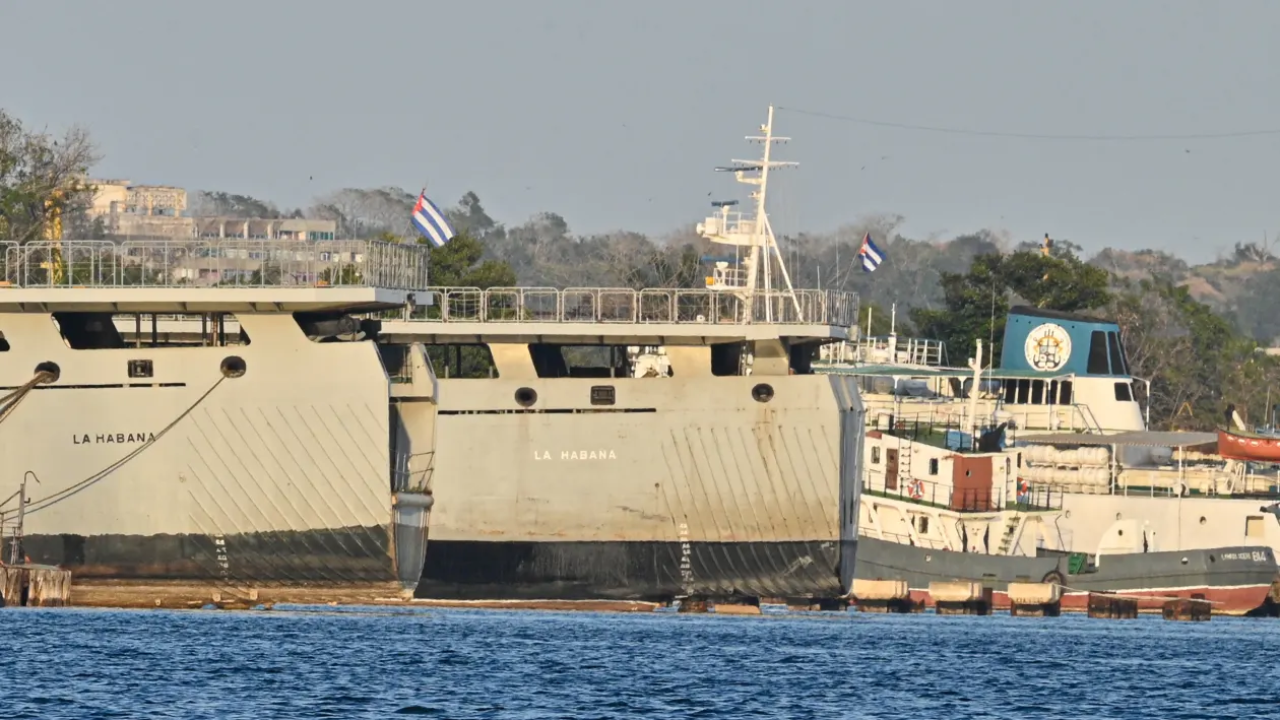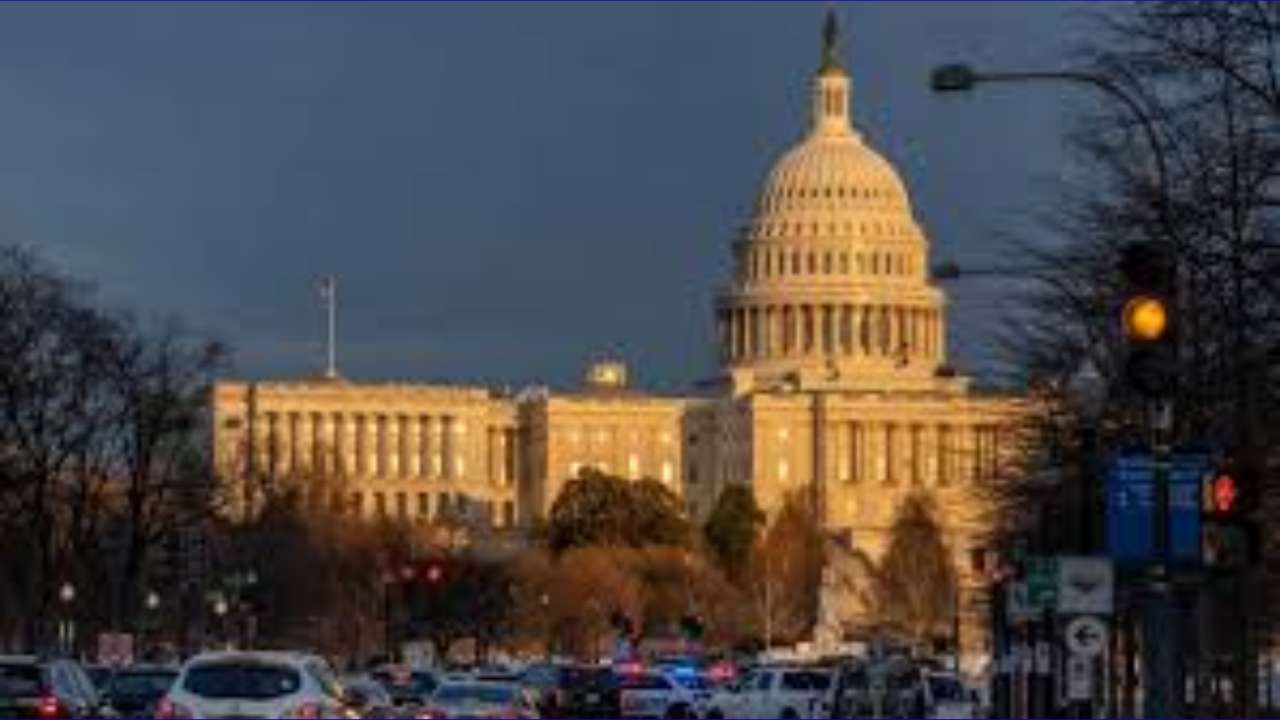Understanding Flight Accident Insurance: Your Essential Guide
Thank you for reading this post, don't forget to subscribe!The tragic Air India flight AI 171 crash in Ahmedabad on June 12, 2025, understandably brought to light critical questions about insurance remedies for victims and their families. This guide aims to answer your most frequently asked questions about flight accident insurance coverage.
How Does Insurance Work When Travelers Die in a Plane Crash?
When a plane crash tragically results in fatalities, several layers of insurance and compensation may come into play to provide support:
- Aviation Insurance: This is a comprehensive policy held by airlines, covering everything from plane damage to liabilities for passengers, third parties, cargo, and crew.
- Travel/Flight Accident Insurance: This can be a standalone policy or part of a broader travel insurance plan, purchased by individual travelers.
- Life Insurance: If the deceased held a life insurance policy, their designated nominees can make a claim.
- Personal Accident Insurance: Similar to life insurance, this depends on whether the victim had such a policy.
- Credit Card-Linked Travel Insurance: Some credit cards offer travel insurance benefits when you purchase your flight ticket using that card.
- Employer’s Insurance: Business travelers may be covered under their employer’s insurance policies.
- Ex-Gratia Payment: While rare from the government, airlines often announce these goodwill payments in the aftermath of a crash.
While aviation insurance is mandatory under international conventions, other types of insurance depend on the individual traveler’s foresight and policy choices.
Aviation Insurance: What Happens in International vs. Domestic Crashes?
International Plane Crashes
For international flights, compensation to families of deceased passengers is governed by the Montreal Convention, 1999, a framework that India is a signatory to. For instance, an airline like Air India would be liable to pay 128,821 Special Drawing Rights (SDR) per deceased passenger. Given that one SDR currently equates to about ₹120, this compensation works out to approximately ₹1.5 crore per passenger.
If families are not satisfied with this amount, they can pursue legal action, but they would need to prove that the airline was at fault for the crash. It’s important to note that the Montreal Convention primarily covers passengers. Families of deceased crew members and pilots typically seek compensation through the airline’s employment contracts.
Domestic Plane Crashes
In the case of domestic flights, victim compensation is governed by Indian aviation laws, and the compensation is paid out from the airline’s insurance policy.
How Long Does It Take to Get Aviation Insurance Coverage?
Under the Montreal Convention, airlines are generally required to settle all claims within two years. However, disputes can extend this timeline. The airline’s claims department processes the claim, which is then settled through their aviation liability insurers.
Can Victims on the Ground Claim Compensation?
Yes, families of victims on the ground, including property owners, can claim compensation from the airline under its third-party liability cover. They can file a claim for an unlimited amount, with the final compensation determined by the insurer based on the victim’s earning potential. If dissatisfied, legal heirs can pursue court action.
Understanding Flight Accident Insurance
Flight accident insurance is generally offered as part of a broader travel insurance plan or as a standalone add-on. Travelers can purchase this on their own, ideally before boarding their flight.
Examples of Travel Insurance in India
In India, several insurers offer travel insurance plans that include flight accident coverage. Some prominent examples include:
- Tata AIG Travel Insurance
- Niva Bupa Travel Insurance
- ICICI Lombard Travel Insurance
- Bajaj Allianz Travel Insurance
- Care Travel Insurance
- Reliance Travel Insurance
These policies typically provide a lump sum payout for death or disability resulting from a flight accident. They may also cover hospitalization, treatment, and even emergency evacuation if required after a mishap.
What Should Travel Insurance Buyers Do?
Before purchasing, always read the policy document carefully. Travel insurance offers more than just flight accident coverage. It’s also smart to compare multiple policies to ensure your chosen plan covers all your travel needs, allowing for a more peaceful journey.
How to Get an Insurance Payout
To file a claim, legal heirs or families of the deceased will need to provide:
- A death certificate
- Proof of ticket and flight boarding
- A nominee certificate or a legal heirs certificate issued by a competent court.
Other Avenues for Compensation
Life Insurance, Personal Accident, and Credit Card-Linked Travel Insurance
Families or legal heirs can file claims for life insurance, personal accident insurance, and credit card-linked travel insurance, provided the victim had these policies in place. Credit card travel policies are usually activated when the flight ticket is purchased with that specific card. Life and personal accident covers can be bought at any time.
Employer’s Insurance
Business travelers are often covered by their employer’s insurance policies.
Ex-Gratia Payments
While rare from the government, airlines frequently announce ex-gratia payments in the event of a crash. For example, Air India announced a ₹1 crore ex-gratia payment to the families of each deceased passenger in the recent AI 171 incident.
Before You Board Your Flight…
It’s a simple but vital step: share your boarding pass, tickets, and all insurance-related documents with your family. Having adequate travel insurance coverage is also highly recommended. These policies are often very affordable but can provide crucial financial support in case of an unforeseen mishap.
Do you have all your essential travel documents and insurance details shared with your loved ones?
















